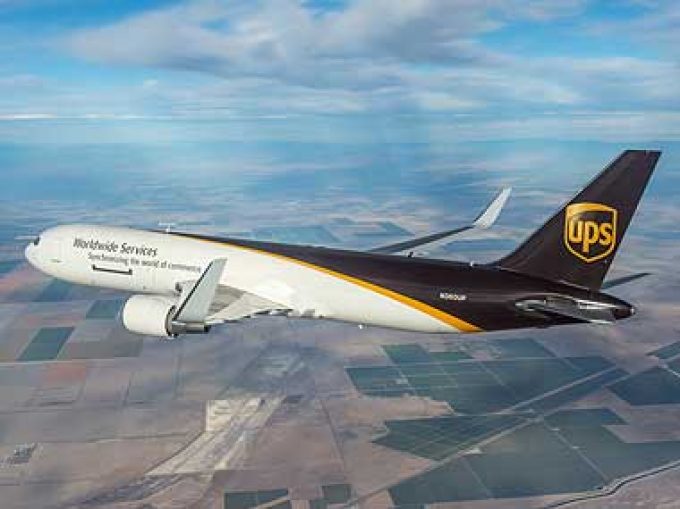Arrests and goods seized as raids across EU uncover massive import fraud
Coordinated raids by the European Public Prosecutor’s Office (EPPO) in several European countries uncovered a ...

UPS is hitting cargo owners with multiple surcharges in the run-up to the peak season – with the biggest hit on imports from China and its territories.
Starting on 15 September, the integrator is to impose a ‘surge fee’ on US imports ...

Comment on this article